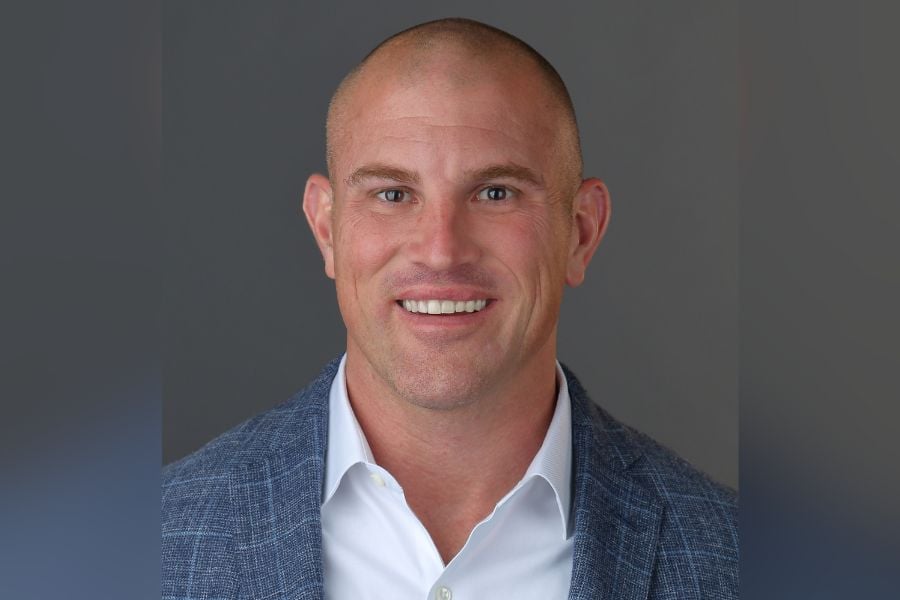

One analyst recently noted that LPL Financial's acquisition of Atria Wealth Solutions could prove complex given its many moving parts, with Atria's seven broker-dealers shifting the client assets of 2,400 financial advisors to LPL's platform.
The marketplace concurs. "Every large acquisition of that nature is tricky," said Jodie Papike, CEO of Cross-Search, a recruiting firm.
The deal, with a price tag of $805 million, as well as the possibility of up to another $230 million based on retention, was announced in February and is scheduled to close in the second half. The movement or conversion of Atria advisors to LPL should be finished by the middle of next year.
The LPL executive charged with handling the complexities of a merger involving the institutional portion of $100 billion in client assets is Christopher Cassidy, the firm's senior vice president of institutions.
"I'm part of the growth and business development team focused on institutions," Cassidy said in an interview this week. "That means organizations like banks, credit unions, assets manager and insurance companies."
Two of the broker-dealers in the Atria acquisition – CUSO Financial Services and Sorrento Pacific Financial – work with advisors who sit at banks and credit unions. "One-third of Atria’s business is institutional," Cassidy said. "We're helping those firms understand the LPL platform. It’s sort of where I grew up."
Cassidy started his career with Wells Fargo in 2006 and spent the bulk of his time there at the private bank. He also did stints at Merrill Lynch, SunTrust Private Wealth Management and Cambridge Investment Research Inc. before landing at LPL in 2020.
"Think about the financial advisor marketplace," he said, "and there are four big pools of advisors, with the biggest financial advisors inside the four wirehouses. Next is advisors affiliated with insurance companies and then independent broker-dealers."
"The fourth pool are advisors with banks and credit unions, which represents about 25,000 financial advisors out of the approximately 300,000 registered reps in the industry," Cassidy said. "The nuance to that financial institutions business is the complementary bank operations of deposits and lending.
"The financial advisor works with a client's long-term goals and objectives, and working at a financial institutions, the advisor has access to or can collaborate with any lending or banking need for the client," he said. "For financial advisors, that's unique."
"Credit unions are nonprofit institutions by nature, so that creates a collaborative approach, and the firms focus on local communities," Cassidy added. "The Atria deal has been a fun engagement. They are a great group of employees and institutions."
The five other firms, Cadaret Grant, NEXT Financial Group, SCF Securities, Western International Securities, and Grove Point Financial, are traditional broker-dealers whose advisors are independent contractors. Atria was backed by private equity investors Lee Equity Partners, and Morgan Stanley veteran Doug Ketterer was its CEO.
One challenge facing Cassidy and his team is smoothing over any discomfort among the more than 2,000 financial advisors involved in the transaction. When one brokerage firm buys another, it creates an opportunity for competitors to recruit financial advisors who may be questioning their new home.
When asked about what's dubbed transition assistance, essentially a stay bonus, for financial advisors involved in acquisitions, Cassidy pointed not to a dollar amount that each advisor might receive over time but the benefits they will get from the move, such as retaining client data and avoiding resigning client paperwork, for the most part.
"On the institutional side, the advisors are employees of credit unions, although we hold the licenses," he said. "So, it's up to the credit union whether those advisors get a bonus. It's possible they might."

RBC Wealth Management's latest move in New York adds an elite eight-member team to its recently opened Westchester office.

Stifel – so far - is on the hook for more than $166 million in damages, legal fees and settlements in investor complaints involving Roberts, a 35-year industry veteran.

The giant alt investments platform's latest financing led by T. Rowe Price and SurgoCap Partners, along with State Street, UBS, and BNY, will fuel additional growth on multiple fronts.

Some investors recently have seen million dollar plus decisions by FINRA arbitration panels involving complex products decisions go their way.

New report shines a light on how Americans view wealth today.
Orion's Tom Wilson on delivering coordinated, high-touch service in a world where returns alone no longer set you apart.
Barely a decade old, registered index-linked annuities have quickly surged in popularity, thanks to their unique blend of protection and growth potential—an appealing option for investors looking to chart a steadier course through today's choppy market waters, says Myles Lambert, Brighthouse Financial.
